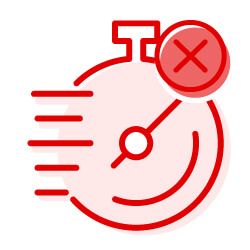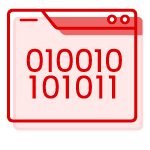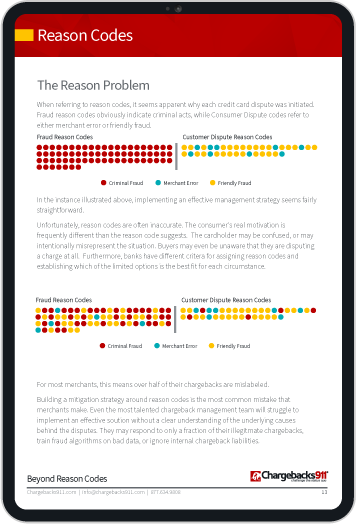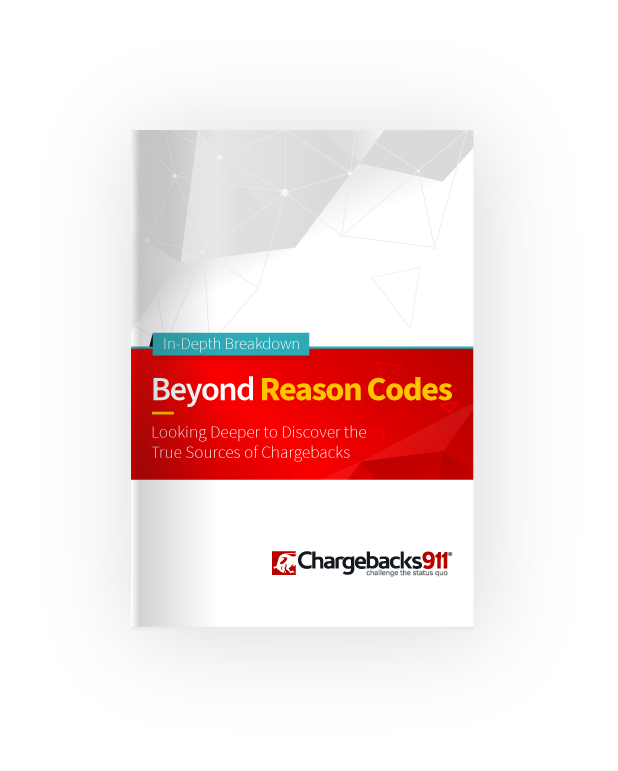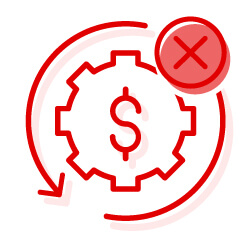How to Avoid Processing Error Chargebacks
Processing errors—those seemingly minor merchant missteps that can trigger disputes—often go unrecognized as a cause of chargebacks. They’re hard to pinpoint because most singular errors don’t seem to have a measurable effect. Collectively, however, processing shortcuts and simple oversights can have a serious impact on your bottom line.
There is no “silver bullet” that can protect you from all customer disputes. However, processing error chargebacks are relatively easy to avoid. For the most part, it only requires vigilance and quality control.
In this post, we’ll look at which mistakes can lead to processing error chargebacks, and how they can be avoided.
What is a Processing Error?
For the most part, processing errors stem from mistakes you made at some point during the payment submission. Some of these errors may be caught by the issuer, the card network, or your processor. Others, such as “duplicate processing,” may go unnoticed…at least until the cardholder later initiates a dispute in response.
This is particularly relevant considering the rapid rise in eCommerce. Many processing errors come from mis-entered information, and hand-entered details are much more likely to come from card-not-present transactions.
When It Comes to Chargebacks, You Could Be Your Own Worst Enemy.
We’ll help you eliminate merchant errors that are stealing your revenue. Click to learn more.

Before we start looking at the individual errors, it’s important to point out that each card network has its own set of chargeback reason codes. While these sets mostly cover the same situations, the numbers and groupings can vary significantly.
To avoid redundancy and confusion, we’ll use Visa’s chargeback reason codes as an example. You’ll find information on reasons codes for all the main card brands here.
Visa Processing Error Reason Codes
There are numerous scenarios that fall under the umbrella of processing error chargebacks. Each has a unique reason code, which is meant to give you a clearer understanding as to why you got hit with a chargeback.
Below are all the chargeback reason codes associated with these processing error chargebacks:
The list of reason codes outlined above isn’t exhaustive. It only shows the most general reasons for transaction error chargebacks. Remember that the circumstances of individual transactions may vary, and in some cases, the details of a disputed transaction may not perfectly reflect the reason code.
What About Authorization Errors?
There are a few additional reason codes which were considered processing error chargebacks at one point. However, these have since been reclassified as authorization error chargebacks.
Visa created a new category strictly for designated authorization errors back in 2018. However, it could be argued that they still fit under the old subheading. After all, you could make the case that an authorization error is still a part of transaction processing. As some merchants might still associate certain these with processing errors, we thought it would be helpful to include them here.
Prevent Chargebacks Caused by Processing Errors
This article only outlines the most basic reason code explanations. We encourage merchants to consult the Visa Core Rules or MasterCard Chargeback Guide for more detailed explanations of chargeback regulations based on individual reason codes.
For now, let’s look at processing error chargebacks more broadly.
Processing a credit card transaction involves many steps, and mistakes can be made at any point along the way. As we mentioned in the beginning, though, these types of chargebacks can be prevented in most cases simply by paying careful attention to details. The problem: you don’t always know where all those details are.
Many instances of merchant error are difficult to detect. Overlooking even one recurring misstep could lead to a series of chargebacks. And, if you’re like most merchants, you’re too close to your business to conduct unbiased analysis.
Chargebacks911® offers an unparalleled Merchant Compliance Review specifically designed to scrutinize over 100 separate points of the merchant’s policies and procedures, delivering a comprehensive, actionable report. If you’d like to know more about eliminating merchant-error chargebacks for good, contact us today.
FAQs
What are processing error chargebacks?
Processing error chargebacks stem from mistakes you made at some point during the payment submission, such as authorization shortcuts or misreported numbers. Because these disputes start with the merchant, they can almost always be prevented.
Do all card networks have reason codes for processing errors?
All of the main schemes—Visa, Mastercard, Discover, American Express—do. The problem is that the designations each brand uses are different. For example, take a simple error like submitting the wrong amount for a transaction. Visa labels this 12.5: Incorrect Transaction Amount while Mastercard calls the same error 4843: Transaction Amount Differs.
Can processing-error chargebacks be prevented?
In almost all cases, yes. It is mostly a matter of paying extra attention to problem areas. The problem is, some of the problem areas aren’t obvious; this is where it’s good to consider professional 3rd party professionals who can provide unbiased analysis.

